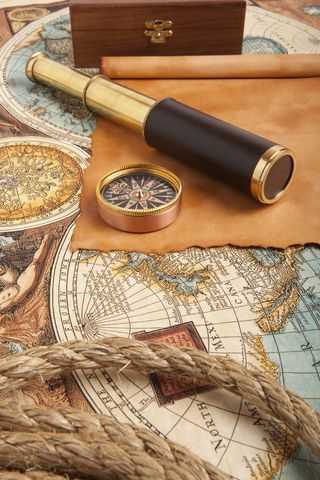

When the Nazis rose to power in Germany, the wealthy Jewish couple Ludwig and Margaret Kainer fled to France. They left behind a valuable art collection that included original Monets and Degas amongst other pieces. All of their valuables were confiscated by the Nazis. After the war and before any of that property could be recovered, the Kainers passed away. They had no children. The art ended up in the trust of Swiss Banks, which at least nominally transferred them to a foundation that had previously been set up by Mrs. Kainer's father.
A recent articleinThe New York Times, titled "Heirs Sue Bank Over Sale of Nazi-Looted Art," has the full story.
The foundation sold one piece of the art a few years ago. However, the Kainer's heirs claim that the bank and foundation did not do due diligence to track them down. The heirs are suing to recover the money from the sale. The bank, of course, claims it did enough to track down the heirs. If the bank turns out to be correct, then it will win this lawsuit.
Most of the time when heirs are filing lawsuits decades after someone passes away, the problem could have been avoided by proper estate planning. However, this is an unusual situation because of the complications of war and looted valuables. Although the valuables can be recovered, it is a long and difficult process.
For more information about estate planning, please visit my estate planning website.
Reference: The New York Times (October 17, 2014) "Heirs Sue Bank Over Sale of Nazi-Looted Art"


